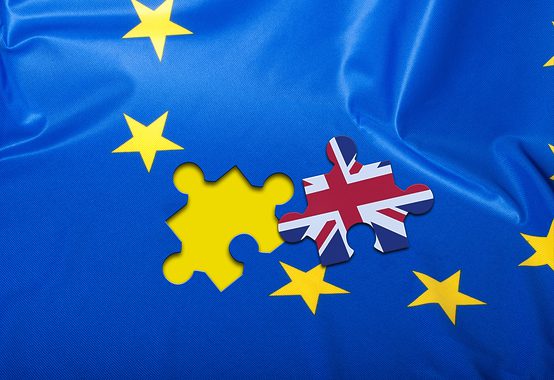Why Did Britain Vote to Leave?

The U.K. vote to exit the EU has shocked many observers in Britain and around the world so much because they thought it wouldn’t happen. These people couldn’t imagine Leave winning because the result seemed too horrible to them to consider as a real possibility. In the days leading up to the vote, the “smart money” in the financial markets was betting that Leave would lose, and so there was an assumption that this meant something about how the referendum would go. That eliminated any sense of urgency to get more people to turn out for the Remain side, which was going to be struggling in getting its less-motivated supporters to show up in any case. As it turned out, the “smart money” didn’t know more than anyone else and was caught off guard more than most, which is partly why the negative reaction in the markets has been as great as it has.
The widespread belief that undecided voters usually side with the status quo probably contributed to a certain amount of complacency among Remain voters. If many Remain voters didn’t feel the need to show up–and turnout in many Remain areas was much lower than the national average–there may have also been some Leave voters who thought they could get a “free” protest vote without changing anything. Some people that have become accustomed to voting one way or the other without seeing meaningful changes in their circumstances may have assumed that voting either way wouldn’t matter.
Immigration was the main issue that the Leave campaign used to its advantage, but what made that especially important for their voters was that it affected a number of other important things (health, education, housing, etc.) and it was an issue on which their political leaders resolutely refused to pay attention to their concerns. It was a symbol of everything that they disliked about their own government and its relationship with the EU, and it was an issue over which they knew they had no control as long as things stayed as they are. This was probably most true for disaffected Labour voters, who have already shown a willingness to abandon their party in previous elections because they think (correctly) that their leaders long since abandoned them. There were reports of a working-class rebellion brewing in the U.K., but many on the Remain side seem to have thought that they could continue ignoring these people.
Having had their concerns and interests dismissed for decades, these voters similarly dismissed the pleading of their leaders to vote to stay in. The lack of trust in these leaders was fatal for the Remain campaign, because its case depended so heavily on the leaders’ warnings, and they had already proven many times over that they couldn’t be trusted. The fact that these same leaders relied so heavily on scare tactics to make their case can’t have helped rebuild that lost trust. The more outrageous the fear-mongering became, the less credibility the Remain advocates ended up having with large swathes of the electorate. Decades of neglect and contempt that so many politicians showed these voters came back to bite the political class at the most critical moment.
The EU’s multiple failures over the last decade also contributed to driving an already Euroskeptic country out the door. The creation of the euro was a major blunder, and the destructive policies that EU leaders forced on other member states for the sake of the eurozone compounded the original error. The Lisbon treaty process confirmed that the EU would continue its centralizing tendencies without regard for what voters thought about that (and it also provided the mechanism that the U.K. will now use to leave the EU). Merkel’s response to the migration crisis was almost perfectly designed to generate anti-EU sentiment. British voters could see what the EU had done to other member states in these crises, and many reasonably concluded that at some point it could do similar things to them. Because the EU has no meaningful political accountability to correct these errors and was never going to have any, leaving seemed to be the best option.
I don’t know how many voters were impressed by Leave arguments that focused on self-government and democratic accountability, but these arguments cast leaving the EU as a positive and empowering action. That was probably very attractive to voters that feel that they have very little power or influence over the way their country is governed. The Leave camp presented withdrawing from the EU as an affirmation of democracy and an expression of national self-confidence. Compared to the dreary technocratic arguments coming from the other side, it is no wonder that more people found this to be the more appealing message.
Comments